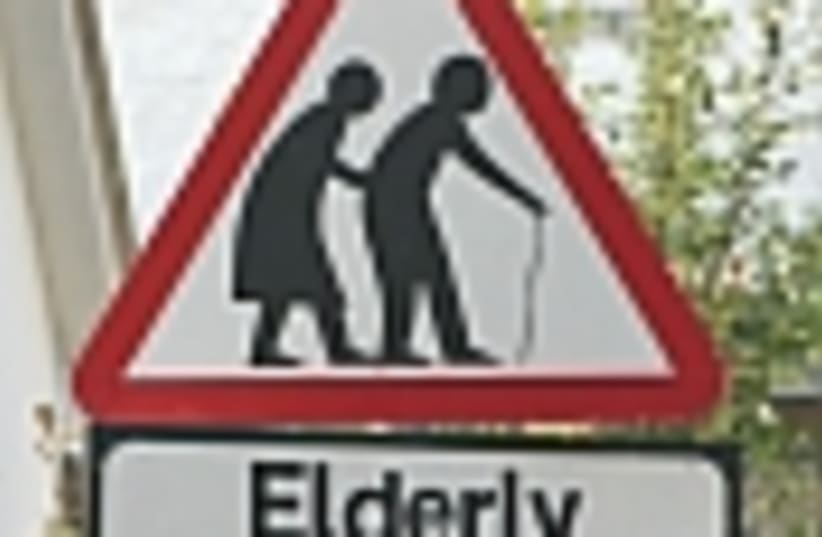| More about: | University of Glasgow, Columbia University, Kyoto University, New York |
Health Scan
Biological rather than chronological age may be better assessment of patient's response to treatment.


| More about: | University of Glasgow, Columbia University, Kyoto University, New York |